Camping
10 Must-Have Tools for Survival While Camping
If you love spending time in the countryside camping or go for hikes regularly, you are probably aware of the need to be prepared for all kinds of situations.

You would know that there are certain tools that should always be in your backpack when going for day out in the woods.
On the other hand, if you’ve never organized a camping trip or have never been out on your own, it might seem a little overwhelming on figuring out what you might need.
We have put together a list of 10 essentials for outdoor safety items you should always carry when going for a trip where you won’t have access to shops.
Knife
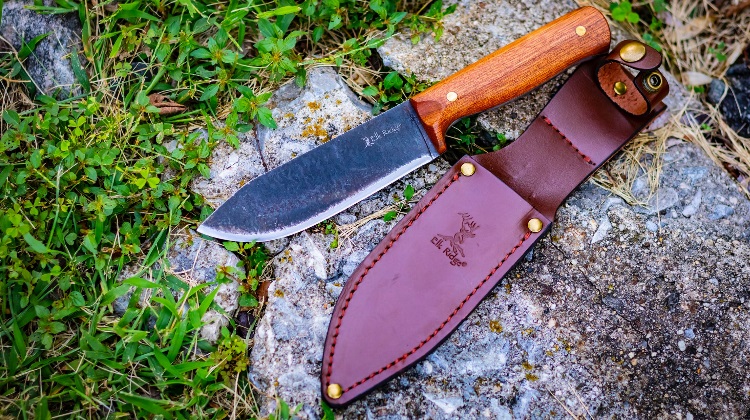
The first and crucial item to carry when going for a trip would be a knife. When you find yourself in a tough situation, a knife gives you great advantages as it can be used for cutting, chopping, prying open cans or packages and hard shelled fruits as well as defending yourself.
Fixed blade knife is our ideal choice. It is far more resilient and durable than the common folding knife, primarily because they lack mechanical movements. Additionally, they are sharper and a great tool to have for cutting shrubbery and other larger objects. That does not mean you abandon folding knives. They serve as great backups for less demanding tasks.
Backpack
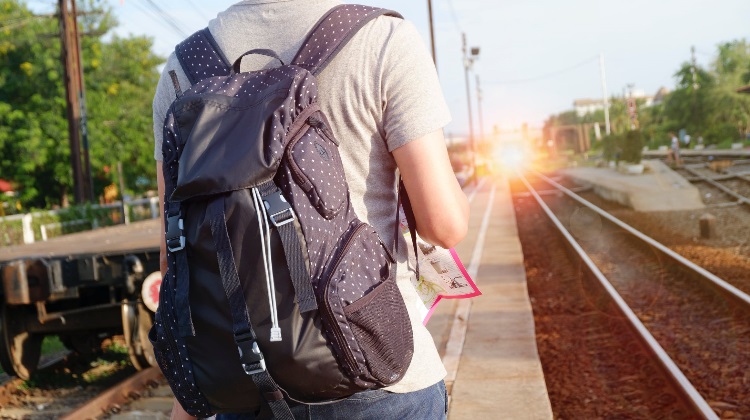
Backpacks help you carry more equipment than you can fit in your pockets and you will certainly need it if you are planning to take a long hike or stay outdoors overnight.
The size of the backpack you would need depends on the length of time you are planning to stay out. While it might seem like a good idea to get a bigger backpack and stuff it full, be aware that you are the one who will have to carry the bag. If it is too heavy, you will end up getting worn out very quickly.
For a 1-2 day trip the perfect size for most people is 50l, although generally girls are better off with 40-45 liters, and guys are better off with 50-55 liters. If you are planning to stay out longer, choose a backpack that can fit all the items you need.
Food and Snack Bars

Don’t take any chances. Always make sure to pack some food. Hiking is a physical activity that consumes a lot of energy. Even with a lightweight pack you can expect to burn about 500 calories an hour.
The national Parks and Forest Service recommend taking enough food when going camping. High-energy bars, candies, granola slices and fruit are good options to consider when you go for a hike. You could also take dried fruit or pack a canned fruit which won’t get crushed.
On the other hand, if you are planning to go on a camping trip for the family, your needs might be different.
Take the food according to your trip needs.
Water bottle with a filter
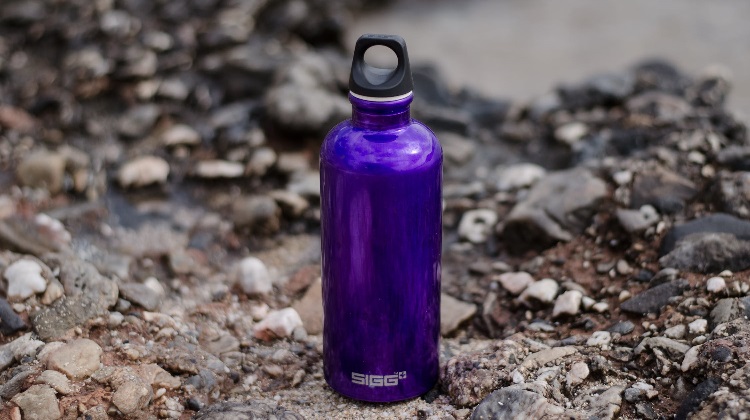
Water is an essential on a trip as you can’t survive for long without it. In order to prevent dehydration, make sure that you drink water frequently every few hours. It is advised to take multiple bottles if you are going on a long hike.
Depending on your trip, you may have access to stations with clean water. Always be on the lookout to refill your water bottle from a clean, drinkable source. DO NOT refill with unsafe water as it can cause stomach pain, bloating, nausea and even cause diarrhea or constipation.
Fire Starter
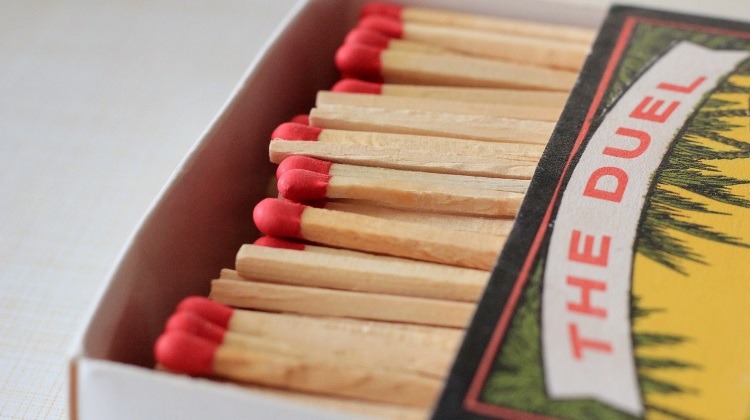
Fire starters are very important for a camping trip or hike through the wilderness. A fire can help you fight cold, cook food or boil water should the need arise for it.
A box of quality matches or a smoke lighter comes in handy and should do the job in most cases. There are also metallic tools available for veteran campers that give the authentic feel and satisfaction of starting your own fire instead of relying on matches.
Navigation Tools
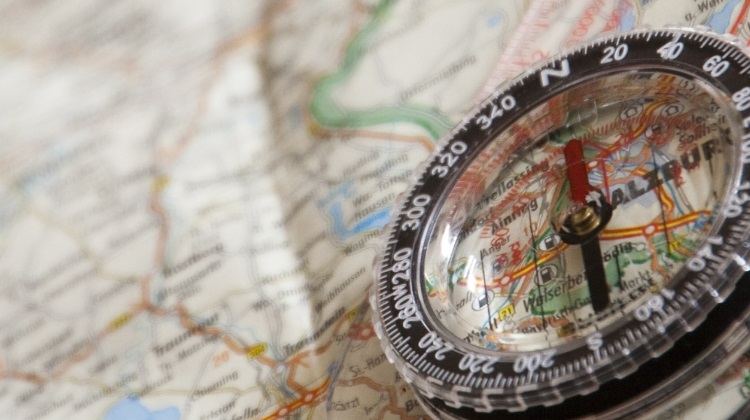
One of the most important things you can take is a map of the area you are hiking, with landmarks noted clearly. These can help you stay on course if you lose your way.
You should also take a compass and altimeter. They make it easier to understand your map. Carefully go through the map to familiarize yourself with the area before starting your adventure.
Cordage
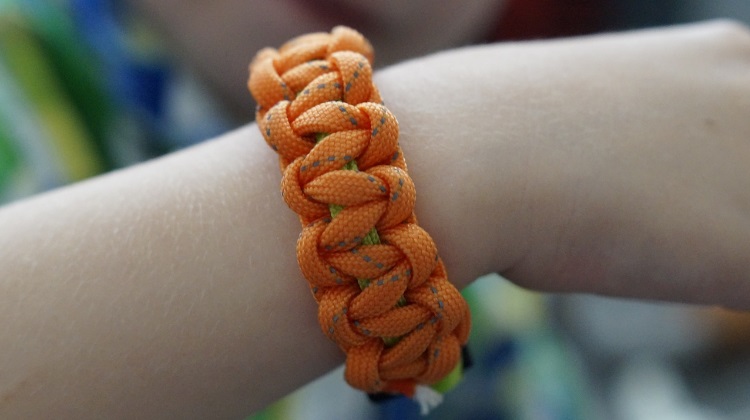
A cord of rope can serve many purposes such as building a shelter, climbing, creating a fishing pole, setting up hunting traps and making bandages.
Make sure the piece of cord you take is sturdy. A parachute cord is quite strong and light to carry as well.
Shelter
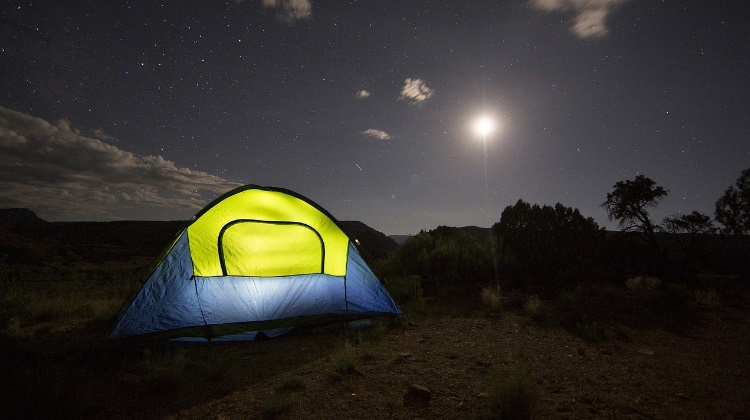
This can be as simple as a tarp or large garbage bag. If you find yourself in a survival situation, finding a safe place to sleep for the night is a great thing. A good shelter will keep you dry and warmer.
You can use a rope to build a simple line and cover it with a tarp tying it down to pitch a tent.
First Aid Kit

Rocks, holes, tree roots, branches and spines are a recipe for cuts, blisters and sprained ankles. Even a small cut out in the wilderness can give become a major problem with an infection.
Always make sure to carry a lightweight first aid kit for emergency treatment. A good first aid kit should include adhesive and cloth bandages, gauze pads, adhesive tape, scissors, disinfecting ointment, pain medication, a pen and paper. If you are planning to go in a group, make sure there are multiple kits in case you get separated.
Signaling Equipment

The last item we recommend carrying with you when going on a trip is signaling equipment. If you get lost and can’t find a trail back, than this can be a lifesaver in helping you make contact with civilization.
A flare gun can easily be fit in a backup and helps you send a signal if you get separated from your group.
As the Boy Scout motto goes, always be prepared. So, let’s get started!
-

 Adventure1 month ago
Adventure1 month agoDoes the “Big Beautiful Bill” Have a Public-Lands Wart?
-
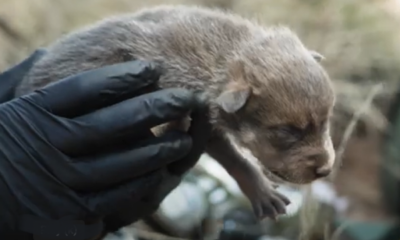
 Adventure2 months ago
Adventure2 months agoHowling in Cuckoo: How Mexican Wolves are Fostered
-

 Adventure3 weeks ago
Adventure3 weeks agoREACTION: Trump’s Make America Beautiful Again Agenda
-

 Gear4 weeks ago
Gear4 weeks agoLet Freedom RING! Primary Arms’ Independence Day Category Sale Starts NOW
-

 Adventure1 month ago
Adventure1 month agoU.S. Bighorn Sheep Going Home to Canada
-
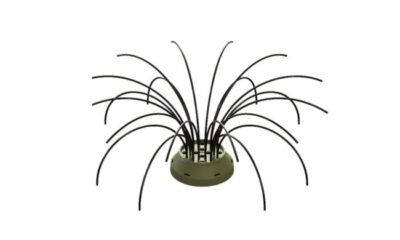
 Fishing6 days ago
Fishing6 days agoMy Wacky Bush Brings All the Bass to the Yard
-

 Adventure2 months ago
Adventure2 months agoYour Dream Hunt Could Be a Movie & Leupold Can Help
